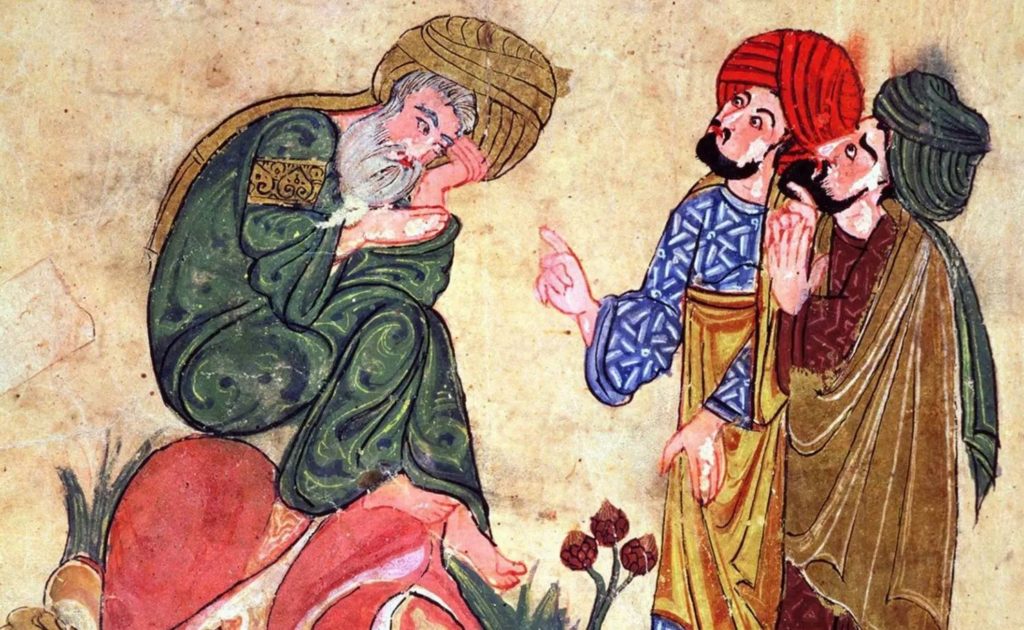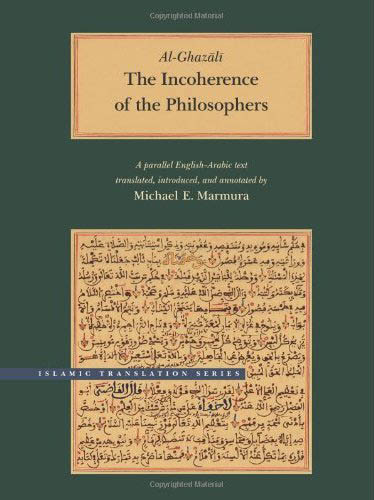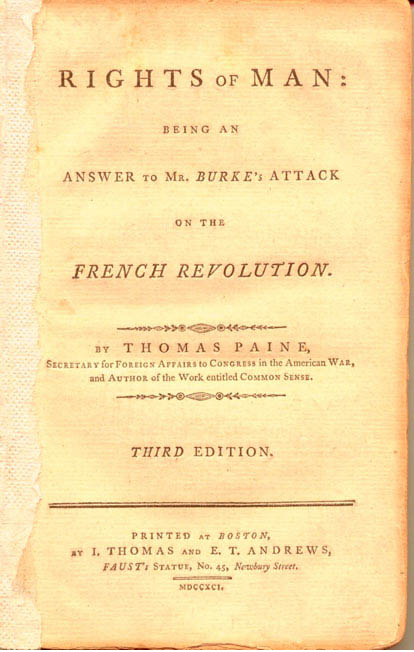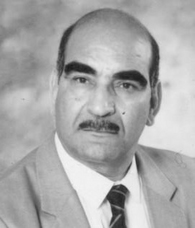
The Arabs were unacquainted with systematic philosophical thought before the rise of Islam, and after it. It was the intermingling with other nations as a result of the geographical expansion and rise of the Arab state that led to a form of cultural blending. One of the results of this blending was that the Arabs came to be introduced to philosophical thought.
THUS THE EARLIEST manifestations of Arab Islamic thought were as a result of the influence of cultural intermingling. From this fertile ground Arab thinkers (philosophers) and their modes of thought emerged which attempted to build upon Islamic foundations. The most conspicuous of these modes was the Mu‘tazila.[1]
The Arab state was constructed on an Islamic ideological foundation. That is, that a state without this ideology could not exist. Yet in the Umayyad period (632-750) – with the exception of the period of the caliphate of ‘Umar ibn ‘Abd al-‘Aziz – there was to a certain degree a separation between the authority of the state as represented by the Caliph and religious authority. Nevertheless the state and these religious authorities did work together in harmony to a great extent, with religious thought serving the state through its glorification of Umayyad caliphal power. In this period a rudimentary form of Mu‘tazilism emerged at Basra. The appearance of a new intellectual current in Arab society at the time amounted to a superficial construction, one without broad institutions rooted deep in society. One cannot of course compare the new Mu‘tazila school to the intellectual currents of Greek philosophy or any philosophical trend in that culture, as regards the depth and breadth of its institutional roots. Nor does it have the same strength of pedigree of Arab poetic innovation embedded in Arab society of the time.
For at the time of the appearance of this intellectual trend Islam was not just a simple faith but rather a major, powerful institution contested – bloodily – by various intellectual currents and interests. This means that the appearance of an Islamic intellectual current can never be a straightforward matter, but is one which has the potential to strengthen specific political positions and threaten other political interests. It is therefore not a peaceful, intellectual luxury. Mu‘tazilism emerged as a natural development resulting from the intermingling of culture, as we said, in addition to the vigorous intellectual activity that arose in this fertile period of what was still a young culture. It did not emerge as some rebellious current of reform.
Two forms of authority developed which co-operated in tandem – state authority and religious authority
Why, then, did this closed intellectual pattern come to predominate despite the lack of any philosophical roots of its own? From the first days of the Arab state two forms of authority developed which co-operated in tandem – state authority and religious authority – the one favouring the other and both of them wielding power over society. So any thought able to attract the favour of the state was destined to flourish and become established. Closed thought was founded upon the nature of tribal thinking, one that could be relied upon to honour subjection to political power, the acceptance of this power and the honouring of the power that God had placed in its hands. Thus it has embraced oppressive, closed thought in all configurations of authority that have manifested themselves over a benighted history, right from the age of al-Mutawakkil to the fall of the Ottoman Caliphate in 1923.
The state remained separate from religious authority to a certain extent in the Abbassid period (750-1258). With the rise of the Abbassid state this new thinking ushered in a major, distinctive, intellectual and cultural upswing which remained tied to the state’s existence, and which in turn came to an end with its decline during the same era. Mu‘tazila thought was invigorated by its being adopted by political authority (in the form of Caliph al-Ma’mūn 813-833) and was terminated when political authority (in the form of Caliph al-Mutawakkil 847-861) fought against it. Two factors led to its upswing: intellectual freedom and the partial separation of the state from religious authority. However the superficiality of Mu‘tazilism’s social philosophical roots turned out to be the cause of the swift decline of this mentality, which Arab societies at the time did not recognise. For speculative freedom could not hold out against a political authority that had adopted an antagonistic mode of thought. What came to predominate subsequently was an oppressive, traditionally transmitted mentality that outlawed philosophy and made war on philosophers and thinkers.
Such a tragic situation led to the gradual closing down of Arab and Islamic philosophical thought, and scientific activity too. Thus the Arabs and the Muslims entered the 20th century without any philosophical, intellectual institutions, as inert societies unfamiliar with anything other than the alliance of religious and political authority.
The prevailing Islamic intellectual model is reliant neither on the intellect nor upon analysis
In Western culture, with its deep philosophical roots, intellectual struggles spawned new patterns of thinking and had influence over society. Hence the struggle over the separation between Church and State and the separation of religious thought from other modes of thinking. As a result of this separation each party maintained its own right to develop and grow. Western authorities had no need of religious authority to maintain control over society since political authority had already been in place before the development of European Christian thought. This is contrasted with the Arab state which was formed from the outset on a religious basis and where religious thought remained the indispensable means for the Sultan to maintain his control. Religious thought in the West developed, as did scientific thought and political and humanitarian thought. It is a rich experience that has led to the successful construction of continually developing societies.
In the 20th century philosophical thought returned to Arab societies as some form of luxury without roots. Philosophy occupied a place in academe without any practical social presence for it. Arab philosophical intellectual activity did not amount to more than an activity of the academic élite. Arab academies in the 20th century turned out generations of thinkers, and some of these philosophers and thinkers aspired to establish modernist philosophical and reformist discourses spawned from their exposure to western thought. A dependence upon the prevailing Islamic intellectual model does not lead to any modernizing pattern since it is basically reliant neither on the intellect nor upon analysis. In any case, proposals to modernize thought were the preserve of elites and not of the general public, since these neither listened to nor understood what they were saying. A sizeable division obtains between the élite thinker and the political thinker.
The problem of reform is a problem of social education and not one of institutions
Current Arab discourses on modernization are fighting against a tyrannical behemoth that has grown unchallenged over ten centuries and has come to dominate social thought with an absolute iron grip, propped up by political clout. Discourses of this type – if they are not actually Quixotic battles with windmills – amount to no more than pronouncements from some modernizing prophet addressing simple people who accord him no importance. Consequently, all Arab intellectual discourses and modernization projects – right from the attempts of Jamal al-Din al-Afghani and Muhammad Abduh through to Al-Jabri[2] and Arkoun[3] have been defeated. The intellectual, philosophical and analytical mode of thinking is a mentality highly foreign to Arab societies, which have schooled themselves through indoctrination and rote learning, without argument or scrutiny. Here lies reform’s hidden secret.

Suggested Reading
The Natural Sciences – Between Religion and Religious Thought (Part 1)
The depth of the intellectual gulf between Arab and developed societies is considerable. It may be gauged by the extent of the intellectual stagnation and the cultural inertia. Attempts at modernising thought which has stagnated over centuries have proved a well-nigh impossible task. Similarly, the attempt to separate religion from the state is nothing new to Arab and Islamic societies, for such a separation did exist in part. But the important thing is to keep religious intellectual hegemony far removed from a position of power and from society. The bridging of this complicated gulf relies to a large extent on re-building Mankind, or in other words taking another look at the pattern of political education for society and constructing an analytical mode of thinking. The problem of reform is a problem of social education and not one of institutions. Any changes, replacement or adjustment of such institutions will mean nothing.
[1] The rationalist Mu‘tazilī school is an Islamic school of speculative theology which flourished in the cities of Basra and Baghdad during the 8th–10th centuries (see Glossary).
[2] Mohammed Abed Al-Jabri (1936-2010) was a professor of philosophy and Islamic thought in Mohammed V University in Rabat. He is also known for his academic project The Critique of the Arab Mind and published several influential books on the Arab philosophical tradition. (Ed.)
[3] Mohammed Arkoun (1928 –2010) was one of the most influential scholars in Islamic studies and an advocate of an Islamic modernism and humanism. (Ed.)
Main image: Socrates and his students, an illustration from Kitab Mukhtar al-Hikam wa-Mahasin al-Kilam – The Book of Selections of Wisdom and Wonderful Sayings – by Al-Mubashir, Turkish School, 13th century.



